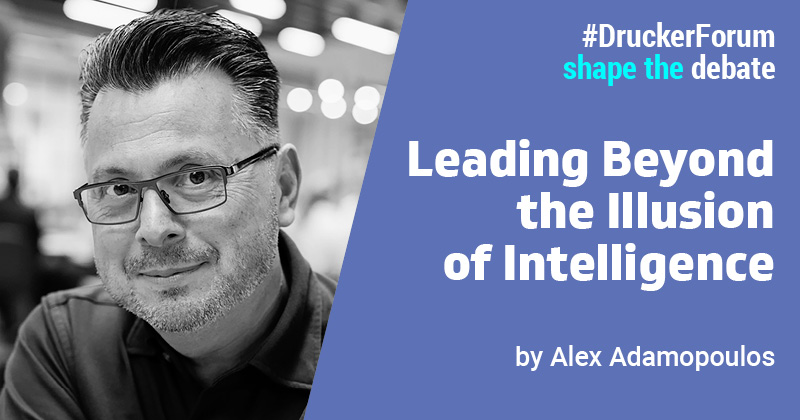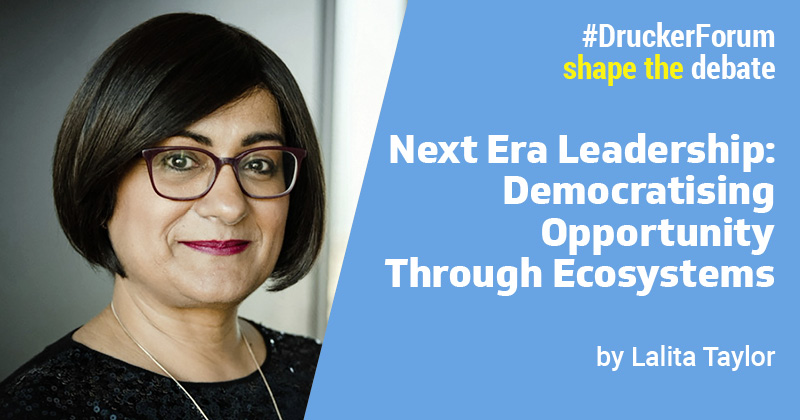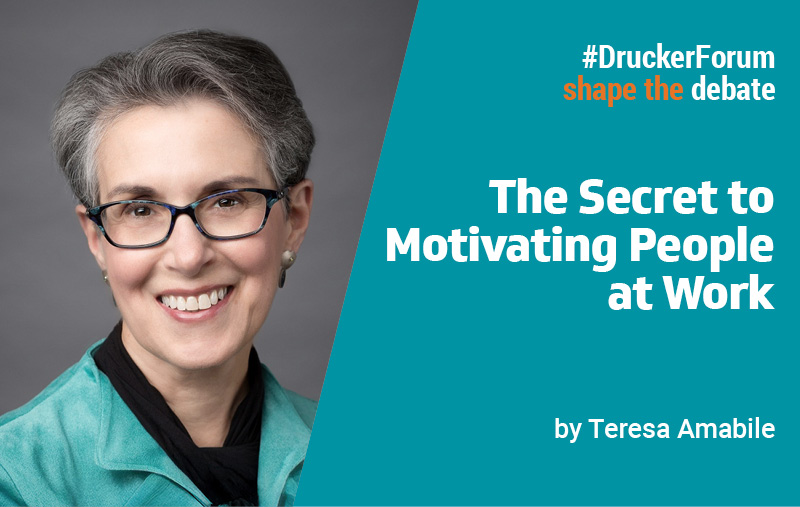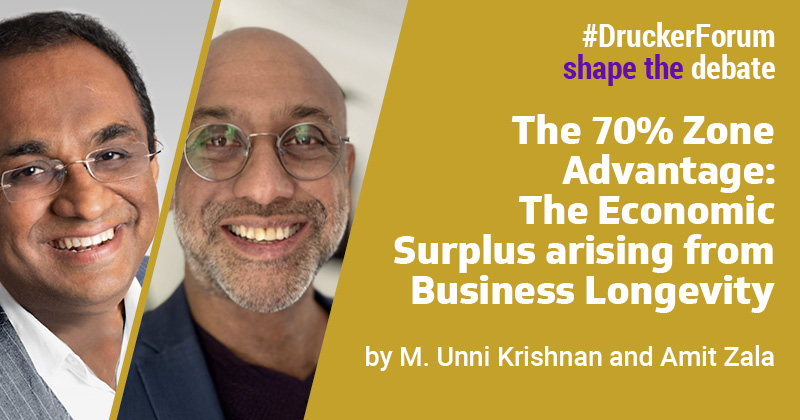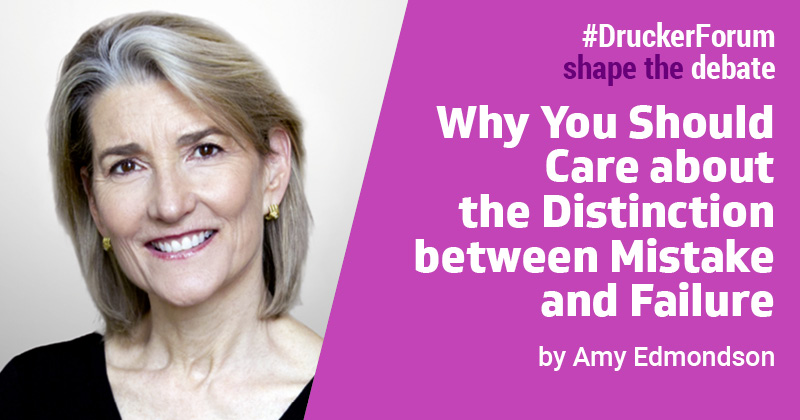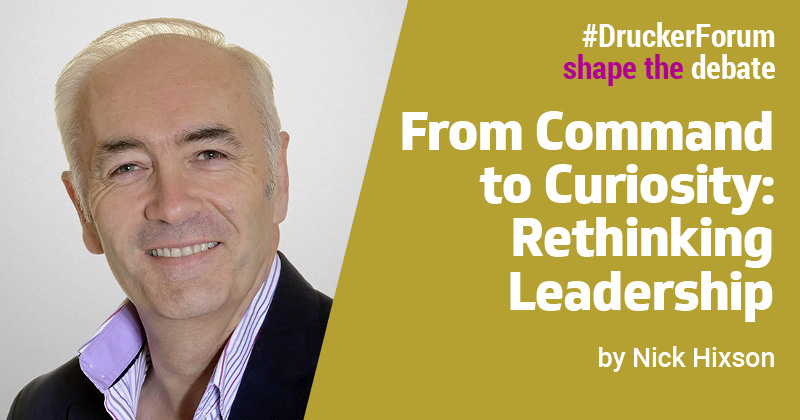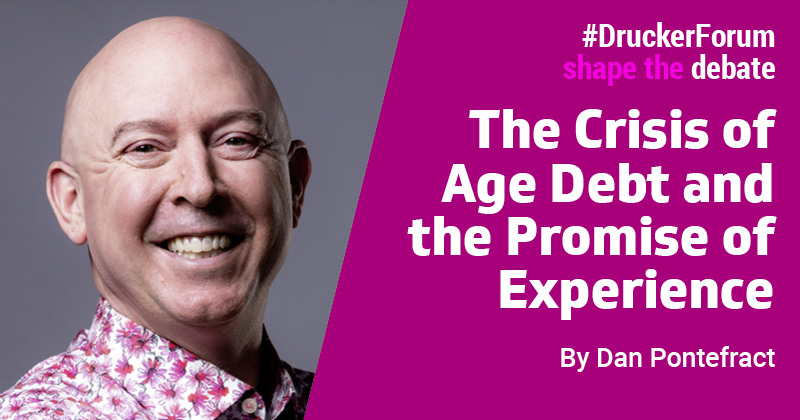We’ve reached a strange moment in business where intelligence itself is overrated. Everywhere you turn, companies are proclaiming their “AI-first” future, yet few can explain what that actually means in practice. The illusion isn’t in the technology; it’s in the belief that AI, by its mere presence, will fix what’s broken in how we work, lead, and learn.[…]
Continue reading